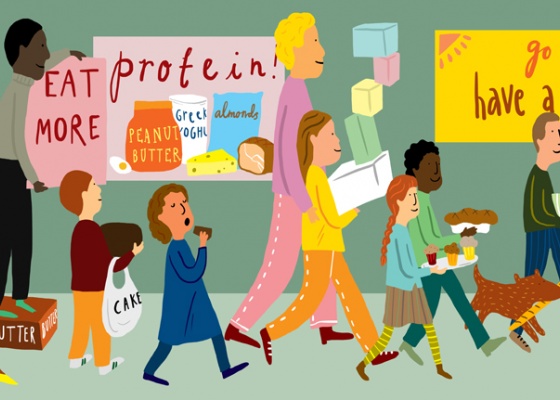Don’t forget- not everything is about COVID-19.
Your GP is there to help with new and ongoing medical needs, and you should continue to call 999 in an emergency. If you are unsure what to do call 111 – the call handlers will offer advice on what to do next. If necessary, they will connect you with a health care professional.
Following the outbreak of the Coronavirus, there are simple, effective things we can all do to reduce our risk of catching coronavirus or transmitting the virus to other people.
Making sure that we are all eating and drinking enough is even more important than ever which is why we wanted to bring together tips, advice, resources and more for older people and those who care for them whether that’s a family member, a friend, a volunteers or a health care professional.
We have worked with a range of organisations who support older people and professionals to pull together this resource hub to help us all during these difficult times.
Don’t forget- not everything is about COVID19. Your GP is still ready to help with new and ongoing medical needs and you should continue to call 999 in an emergency.
|
|
Looking after yourself during the COVID-19 PandemicRead the Age UK advice and guidance about Coronavirus Age UK has also produced a guide to Coronavirus, which can be found here |
|
|
Food and nutrition advice during the COVID-19 PandemicHaving nutritious and varied food is important for good health and well-being throughout life. During this difficult time, making sure we are eating and drinking enough is essential for our health and wellbeing. Find out more |
|
|
Care HomesTips, resources and tools for care homes. |
|
|
Information for and about care caterersInformation and advice on simple ways to support older and vulnerable people through care catering solutions to maintain their health and wellbeing |
 |
Community OrganisationsCommunity projects including day centres, lunch clubs, shopping support services, befriending services and community meals have been found to successfully address many of the causes of malnutrition. |
|
|
Domiciliary CareFor anyone working in a domiciliary care setting and supporting older people to maintain their health and wellbeing. |
DietitiansTips and resources for Dietitians |
|
 |
HospitalsAround one third of older people are already malnourished or at risk of malnutrition when they are admitted to hospital. This rises to around half of those admitted from a care home. Admission to hospital therefore offers a key opportunity to effectively identify and treat under nutrition. |





